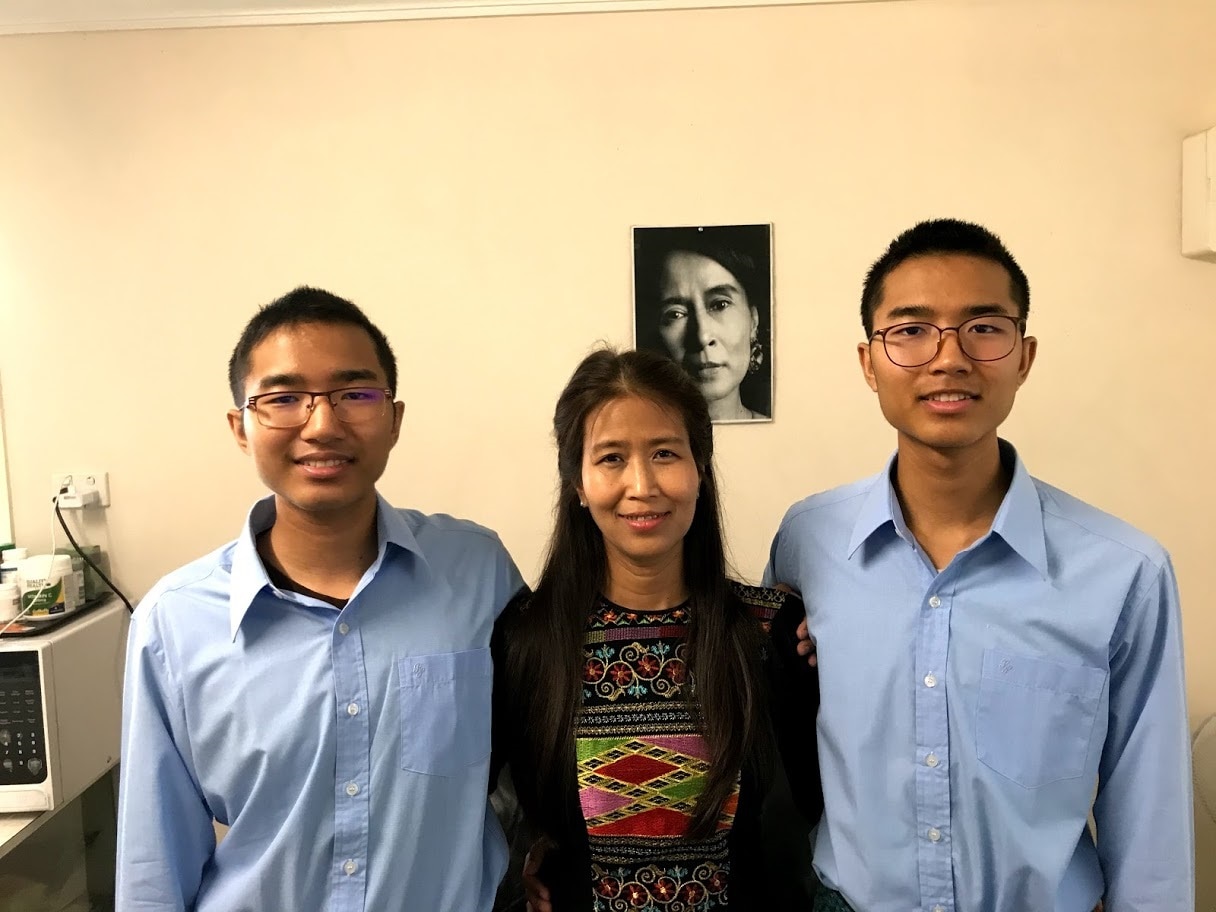Students and staff in the higher education sector have done it tough this year – and that extends further than just in the cities.
Many residential colleges in regional Australia have only been half full and international students there have faced an uncertain future.
Umang Uliana is from India and studying a master of data science at the University of New England (UNE) in Armidale, in the Northern Tablelands of New South Wales. He hoped going regional would help secure his future in Australia.
“That’s what most of the international students aim for, come here, study a degree and then get permanent residency,” he told SBS News.
“Studying in a regional area gets you more points [on your visa application] as well, so yeah, that’s why I came here.”
But COVID-19 spoiled those plans and his future in Australia is increasingly uncertain.
His part-time work as a housekeeper dried up due to the tourism downturn, and his family back in India were unable to provide financial support after being impacted by COVID-19 shutdowns themselves.
In late October, his father and brother were also diagnosed with COVID-19.
“I had to compromise on my accommodation expenses because I couldn’t earn enough money,” he said.
“I couldn’t ask my parents about it, because they were also financially struck. So I was trying to save money, eat less, save more.”
I was trying to save money, eat less, save more.
– Umang Uliana, International student
It’s a familiar story for many international students in Australia, including those at regional institutions.
Originally from Myanmar, UNE student Thida Chaw Hlaing has had to balance finishing her studies with looking after her family, who have been severely impacted by the pandemic.
Ms Chaw Hlaing, who has a pre-existing health condition that leaves her vulnerable to the virus, has been finishing her PhD from her small townhouse.
At the same time, her two sons were learning from home as they studied for their Year 12 exams, crowding out the kitchen table.
“Our home is really a very tiny unit, we have only two bedrooms, so trying to find a study place is really challenging,” she said.
Her husband, a taxi driver, also saw a major downturn in income as COVID-19 restrictions saw visitor numbers plummet.
The family has had to rely on the kindness of food banks and others to make ends meet.
“What I want to say is, everybody trying to help each other is really amazing, so we can access those kind of food donations,” she said.
Some of the food parcels the family received were provided by UNE but the institution is facing its own challenges, which hit even before the pandemic arrived.
“Like everybody else, we had a significant loss of business revenues because of all of these different events; a drought, bushfires and COVID all on top of each other, UNE vice-chancellor Brigid Heywood said.
“All we need now is locusts and we’ve kind of done the whole thing.”
Like everybody else, we had a significant loss of business revenues.
– Brigid Heywood, UNE vice-chancellor
As pandemic-related shutdowns began, the university moved hundreds of students out of residential accommodation.
The institution, which helped pioneer remote learning in Australia, also commenced a major restructure to try and balance its books.
“We’ve lost about $25 million in base revenue and the university can’t sustain that,” Ms Heywood said.
The turbulence being experienced by the higher education sector has also had a significant impact on regional Australia, with UNE usually injecting hundreds of millions into the local economy.
But as on-campus numbers fell, more than 100 staff were given redundancies.
Lecturer Bea Bleile said it was discouraging to see decades of experience leave the regional institution.
“It is devastating for Armidale and the broader region because it’s the biggest employer around here,” she said.
Support for international students
Ms Heywood said the university expects to benefit from recent Commonwealth reforms. But its current international student cohort has received little government support and remains keen for extra help.
“I think it’ll really help. Because I’m a student, I’m not getting that much help, even from the university,” Mr Uliana said.
“I can’t just simply go back [to India], you know, I don’t have enough money to go back. It costs a lot.”
Ms Chaw Hlaing also said additional support would be welcome, with her two sons hoping to continue their own studies at Australian universities.
“If we can get some other kind of favourable or positive support from the government, especially for our health, and also for food shortage, that will be very good and we’ll be very grateful,” Ms Chaw Hlaing said.
Temporary visa holders haven’t been eligible for any COVID-19 government support such as JobKeeper or JobSeeker this year.
In April, the federal government announced it would allow temporary visa holders whose income had been affected by the pandemic to access up to $10,000 of their superannuation before the end of that financial year.
It encouraged those who couldn’t afford to stay in Australia to return home.
Last month, the Northern Territory has become the first Australian jurisdiction to welcome back international students from overseas, with more expected to follow.
From next year, the federal government will also provide an extension of post-study work visa rights to international students who have studied and lived in regional areas to help support students and universities.
Those on their first Temporary Graduate visa (TGV) will be eligible for a second TGV.
“To provide a further incentive for international students to study in regional Australia, post-study visa arrangements will be extended for international graduates who graduated from a regional educational institution and lived in a regional area on their first (TGV),” a Department of Home Affairs spokesperson told SBS Punjabi.







